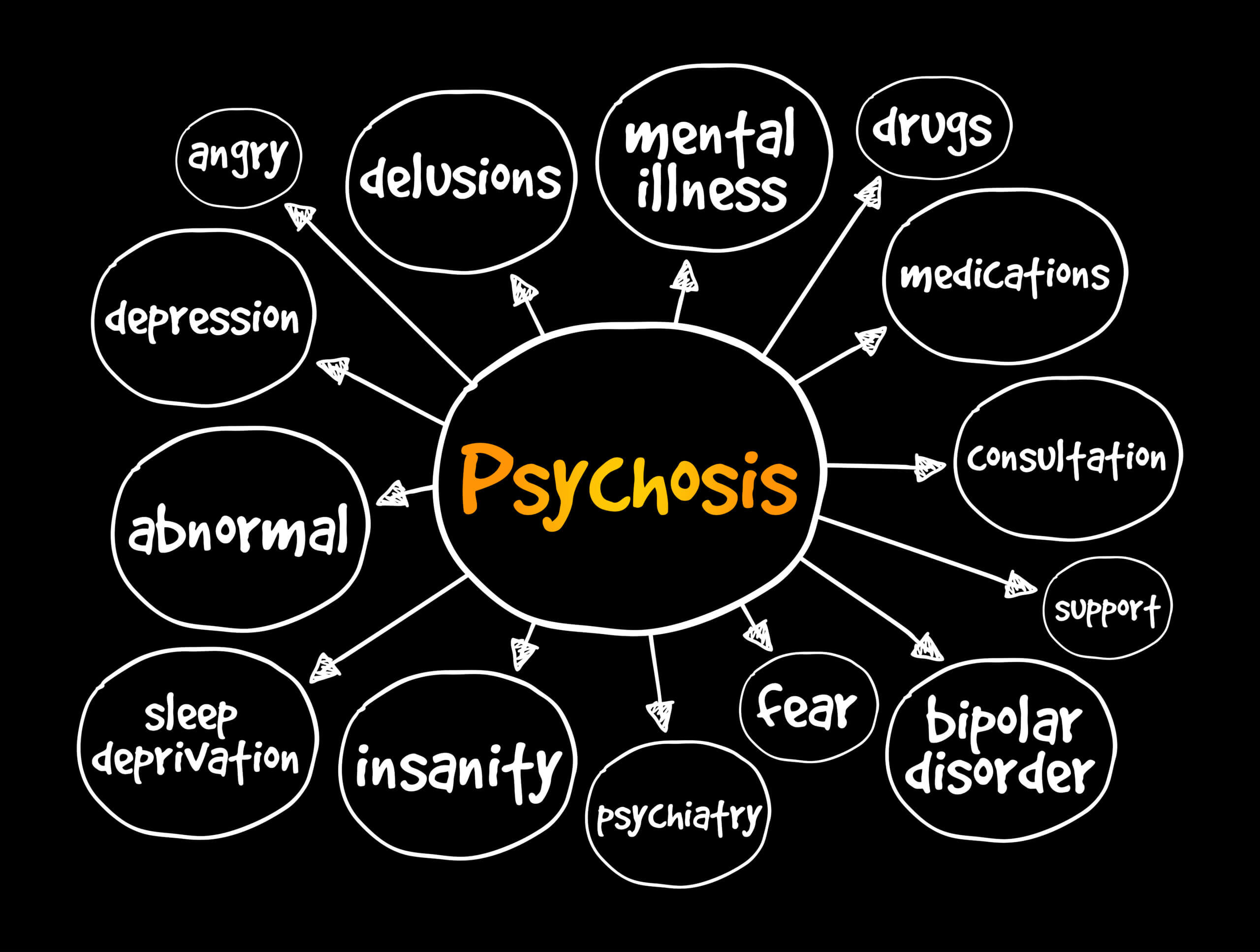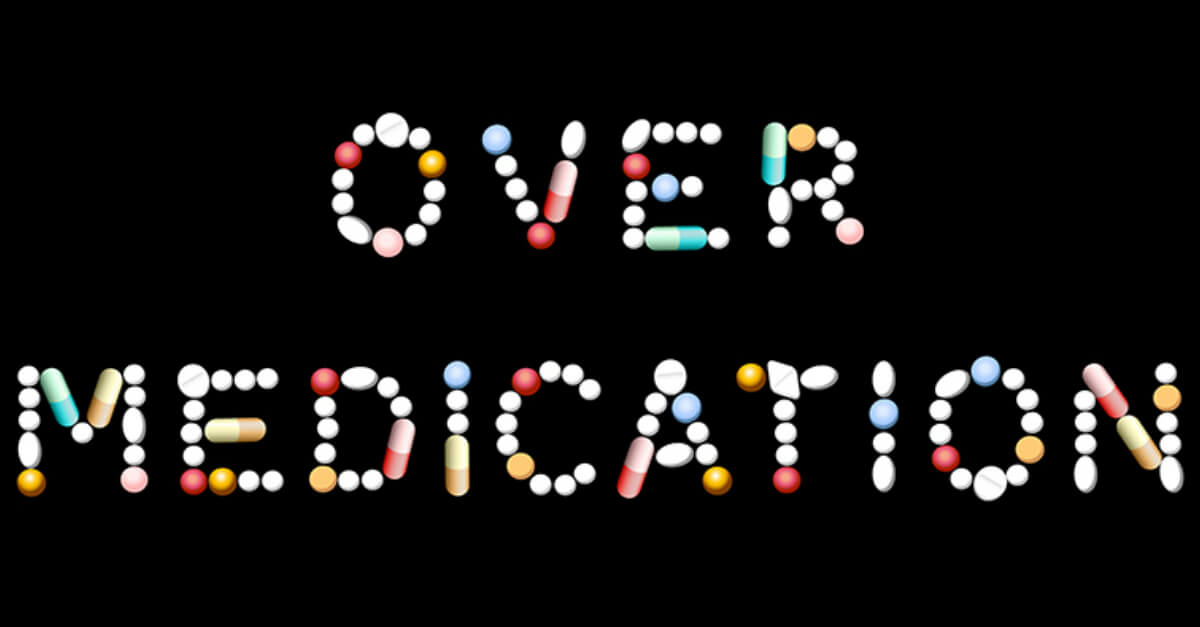
Supplements and Medications Interactions
At your last checkup, your doctor told you to take calcium 500 – 600 mg twice a day because your bone density tests indicate that you have osteopenia. Osteopenia is a decrease in bone mineral density below normal reference values, but not low enough to meet a diagnosis of osteoporosis.
Ok, no big deal. You pick some up and begin taking them. Wait, there could be a big deal. Do you take medication for your thyroid, such as levothyroxine? Are you taking doxycycline or ciprofloxacin for an infection? If yes, you cannot take the calcium supplements with the thyroid medication or the antibiotic. They need to be separated by two hours. There are other medications that are made less effective by calcium.
March 22, 2023
Calcium effects – Medication interactions
Calcium binds up the medications (those that are affected by it) and makes them less available for absorption and may decrease the effectiveness of your medications. Some of your medications may increase the absorption of calcium causing too much calcium in your body. Kidney problems or serious side effects of calcium may occur.
You may have tolerated problems in your earlier years, but now you are 60 or older and things are changing. Your kidneys don’t filter as well. Your liver may not be able to metabolize things as well as it once did, causing an increase in side effect problems or adverse drug events.
Be more aware of supplements and drug interactions
I want you to be more aware of what can impact your medications. Some things cause too little of your medication to be absorbed. Some things cause too much of your medication to be absorbed. If you are taking supplements, find out what you can and cannot take with your current meds. Find out the best time to take your supplements.
Iron, Potassium, Vitamin K
Over-the-counter Iron supplements, potassium supplements, or vitamin K supplements can cause problems too. St. John’s wort is another supplement that may cause problems. A lot of folks are on medications that are used to treat high blood pressure medications, heart medications, antidepressant medications, and blood thinners such as warfarin, or antiviral medications.
It matters!
You need to know what can and can’t be taken together. You need to know when to take what. You need to know that the fat-soluble vitamins A,D,E,K can build up in your body. Some of you have been told that you “pee out what your body doesn’t absorb” which is not entirely true. Did you know that your body can only absorb 500 – 600 mg of calcium at a time?
PPI’s and Medication interactions
Even gastric acidity affects some medications. Are you taking a proton pump inhibitor (PPI) such as Prilosec® (omeprazole), Nexium® (esomeprazole), Prevacid® (lansoprazole), etc.? If you have to take an iron supplement and you take a PPI, your iron is probably not being absorbed as the gastric acid is “less acidy.”
Certain foods can also interfere with medication absorption. Examples include Grapefruit, Kale, Dairy, Yogurt, Alcohol, and Tyramine-rich foods.
Common things that we don’t think about that affect medications:
- · Nicotine use
- · Alcohol
- · Caffeine
- · Our diet
- · Changes in medical conditions
- · Changes in illness (usually a decline)
- · Infections
Aging and what the body does to drugs
With aging comes changing pharmacokinetics. Pharmacokinetics is what the body does to drugs. These changes include Absorption, Distribution across body compartments, Metabolism, and Excretion. The metabolism and excretion of many drugs decrease, which means your dosage probably needs to decrease as well. Absorption is not usually a clinically significant problem unless other factors come into play. As we age body fat usually increases and total body water decreases. This can affect the distribution of drugs that are lipophilic (dissolves in lipids or fats). Hepatic (liver) metabolism through the cytochrome P-450 system, decreases with age. Renal (kidney) elimination. This one actually begins to decline at about age 40.
As you can see, there are a lot of factors that can impact your medication’s ability to do its job. Your pharmacist can help you with these issues.
Pat



